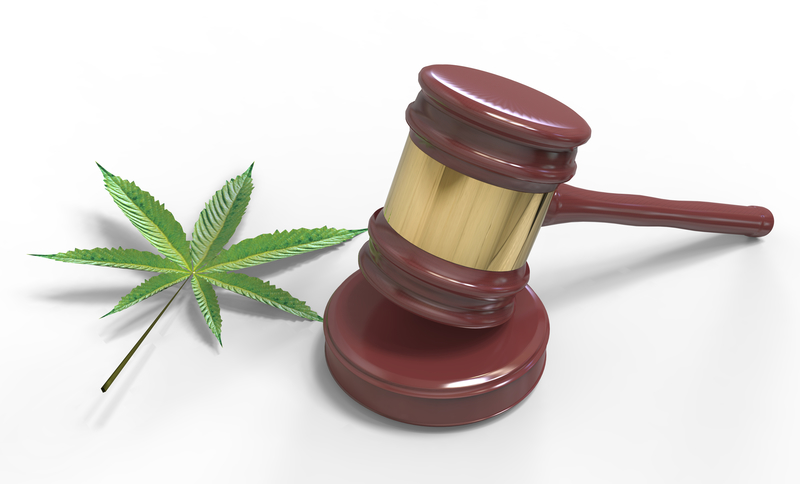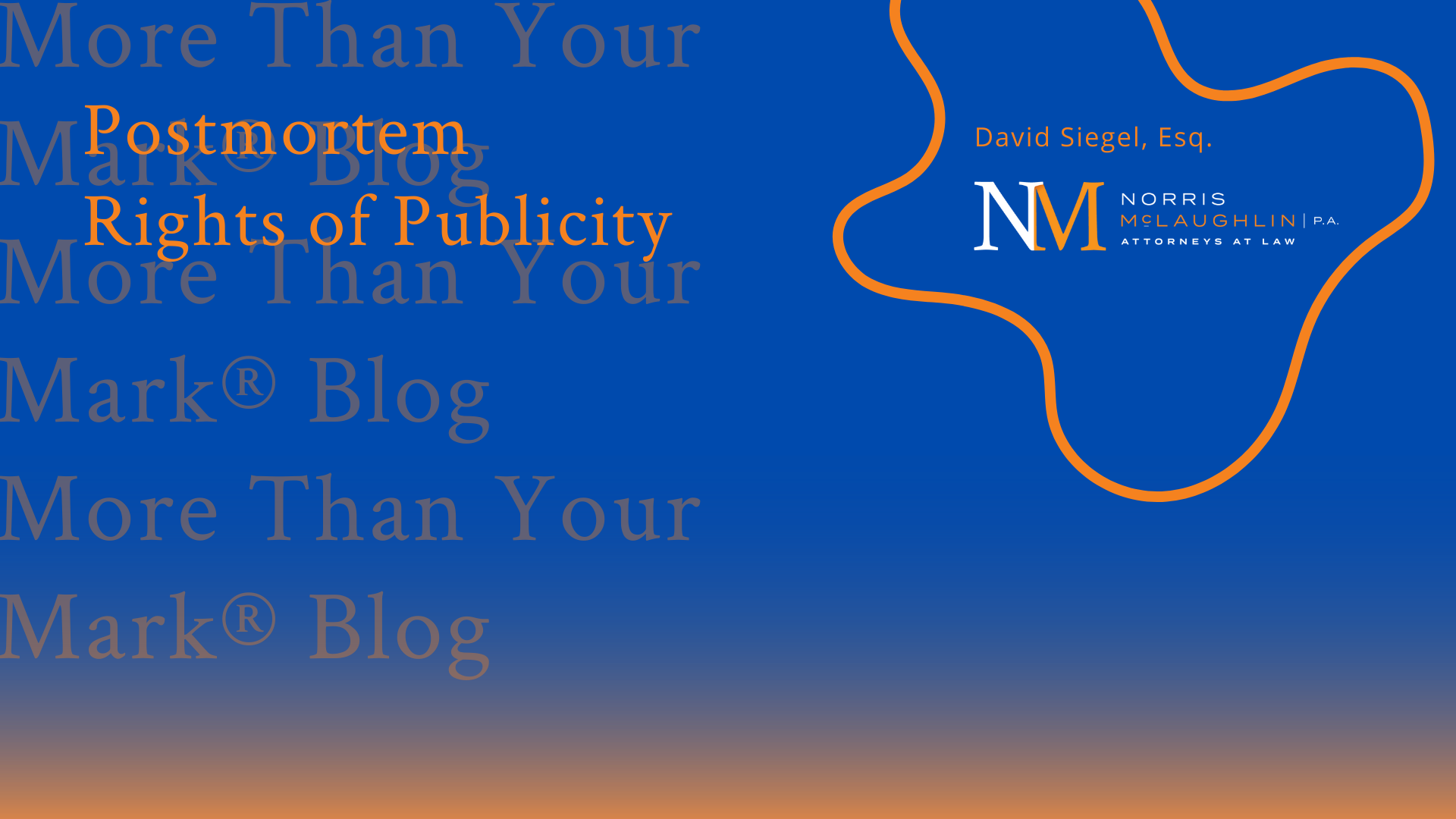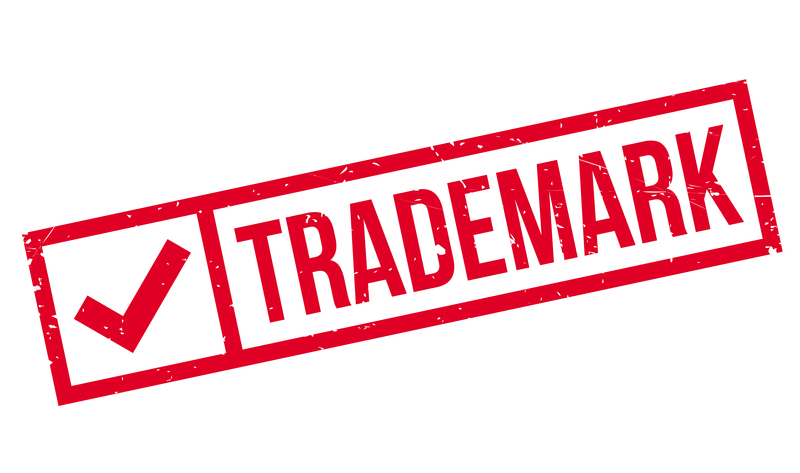Patents and Cannabis

Patentability
The position of the United States Patent and Trademark Office (USPTO) on trademarks for cannabis-related goods and services is discussed in my colleague’s blog post, “Trademark Registration for Cannabis Trademark Owners a Legal Haze.”
Unlike in the case of trademarks, patentability of cannabis-related products and processes is much more clear-cut. The USPTO routinely grants utility patents to cannabis and cannabis-related inventions, and has done so for decades. A search of the USPTO’s own database (patft.uspto.gov) reveals that, since the beginning of 2018, more than 120 U.S. Patents have issued with at least one claim containing the word “cannabis” or “cannabinoid.” The USPTO applies the same legal standard when reviewing utility patent applications related to cannabis, as it does to all other inventions. In short, a substance’s Schedule I classification is irrelevant to its patentability.
Further yet, it may surprise some that the U.S. Department of Health and Human Services (HHS) owns a patent for a cannabis-related invention. U.S. Patent No. 6,630,507 issued in 2003 and entitled “Cannabinoids as antioxidants and neuroprotectants,” was at one point internet-famous as legalization activists pointed to its ownership by the Federal Government as being at odds with the Drug Enforcement Administration (DEA)’s continued refusal to move cannabinoids from the Schedule I classification.[1] Specifically, the ‘507 Patent includes statements such as “Cannabinoids have been found to have antioxidant properties … This new found property makes cannabinoids useful in the treatment and prophylaxis of wide variety of [diseases].” On the other hand, a Schedule I classification according to the DEA is for substances that have high potential for abuse and no approved medical use.
Validity and Enforcement
While it is clear that the USPTO would, and does, issue utility patents directed to cannabis-related products and processes, the validity and enforceability landscape of such patents remain less clear.
In July of this year, United Cannabis Corporation (UCANN) filed a patent infringement action in federal court in Colorado against Pure Hemp Collective Inc. (United Cannabis Corp. v. Pure Hemp Collective Inc., Case No. 1:18-cv-01922-NYW (D.Colo)). This case is being watched closely by those in the industry as it is the first infringement suit of its kind.
The patent at issue in this case is UCANN’s U.S. Patent No. 9,730,911 for “cannabis extracts and methods of preparing and using same.” The ‘911 Patent contains 6 independent claims each directed to a liquid cannabinoid formulation wherein at least 95% of the total cannabinoid is a specific cannabinoid or combination of cannabinoid (tetrahydrocannabinolic acid (THCa) (claim 1), tetrahydrocannabinol (THC) (claim 5), CBD (claim 10), combination of THCa and cannabidiolic acid (CBDa) (claim 16), combination of THC and CBD (claim 20) and combination of CBD, cannabinol (CBN) and THC). According to their Complaint, UCANN purchased and analyzed Pure Hemp’s Vina Bell 5000 mg product, which analysis revealed that it contains a formulation infringing one or more claims of the ‘911 Patent, in particular claim 10. More recently, Pure Hemp filed an Answer on November 5, 2018, also asserting counterclaims, and UCANN filed their Answer to the counterclaims on November 19, 2018. As such, the initial pleading stage seems to have been completed. Submission of briefs regarding claim construction is scheduled for June of 2019.
The UCANN suit may shed light on how infringement actions involving cannabis-related patents would be handled by the federal courts, as well as other questions involving validity and enforceability of such patents. Yet further, the claims of the ‘911 Patent have been widely criticized for being too broad in scope. Some have suggested that the lack of readily available prior art in this area due to the federally illegal status of the claimed substance may be to blame. If upheld by the court, UCANN and other patentees holding similarly broad patents could decide to assert their patents against many more cannabis businesses, spurring a flurry of similar patent infringement litigations. All of the foregoing could have far-reaching effects on this still-growing industry.
We are monitoring this case, and plan to follow up with further blog posts as it progresses. If you have any questions about this post or any other related matters, please contact us at info@norris-law.com.
[1] In September of this year, the DEA moved cannabidiol (CBD) drugs (prescription products) with a THC content below .01% to a Schedule 5 (V) drug, provided the drug has been approved by the FDA. This move came shortly after FDA’s approval of its first cannabis-derived drug, EPDIOLEXT®, which is for the treatment of epilepsy and contains CBD as the active ingredient.



